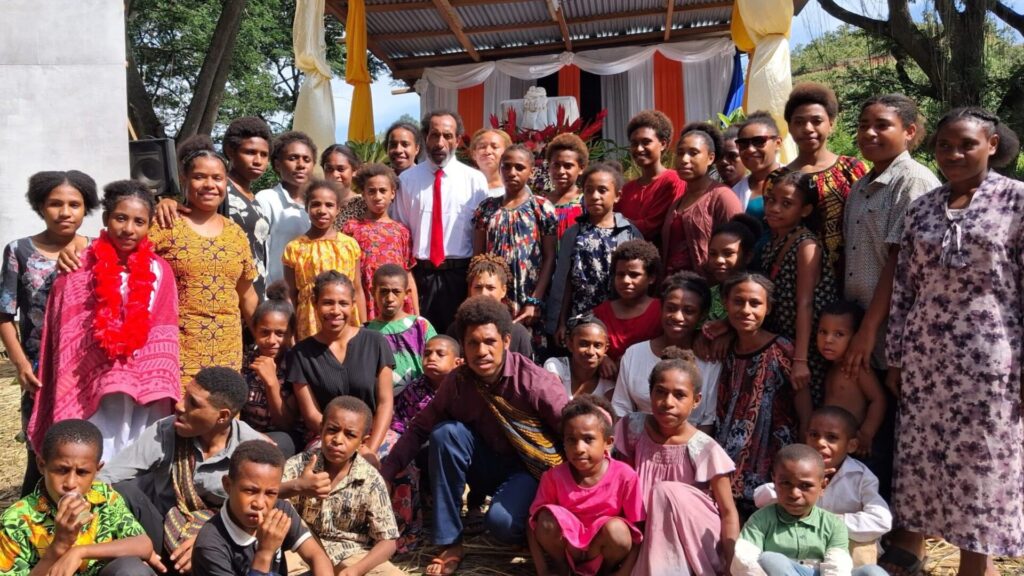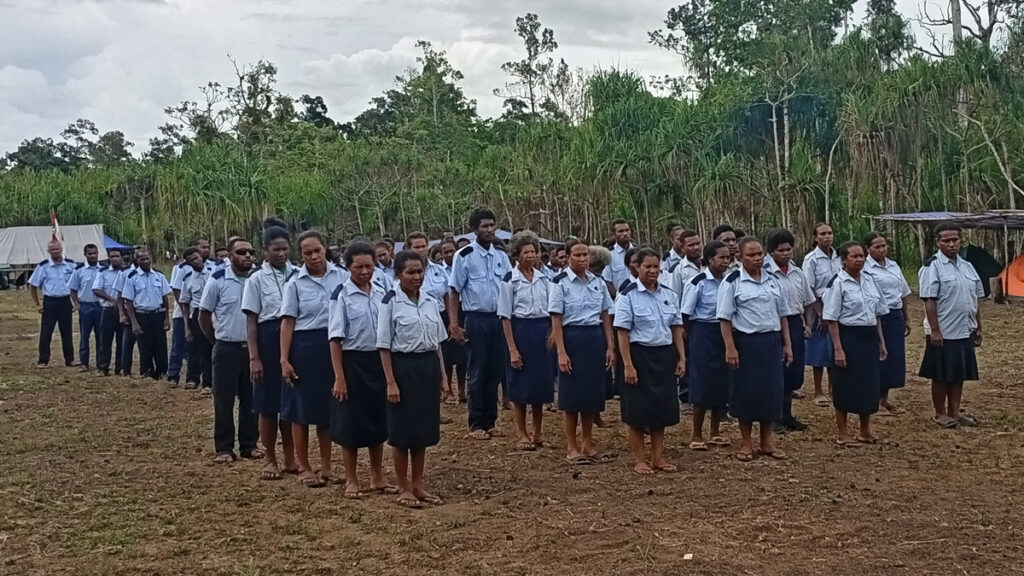Adventist Aviation Services (AAS) is gearing up for its 60th year of dedicated service to some of the most remote communities in Papua New Guinea.
Founded in 1964 as an integral part of the Adventist Church’s mission outreach in the region, AAS has evolved from a private operation providing essential transport for pastors and supplies to a semi-commercial charter service, expanding its reach and impact.
The core mission of AAS remains focused on supporting church members residing in isolated regions, while also providing an avenue to spread the gospel message to new areas. Serving as a vital lifeline, the aviation service not only offers church and community support but has diversified its operations to cater to government services and general commercial charter needs.
AAS quality and safety manager, Pastor Colin Dunn, said AAS has been fostering a transition from an expatriate-dominated workforce to local crews. The engineering crew, for example, was started by Australian Hans Aberli but is now entirely Pacifica workers—one Fijian and five PNG nationals.
“Also on the team is our quality and safety staff which, when I retire in six months, will build the Pacifica leadership crew, with a national, Carolyn Drapok, and Floyd Bambu from Vanuatu taking over the role,” Pastor Dunn said.
“The faces of AAS have changed but the high-quality ministry of AAS remains the same.”
AAS is the only operator capable of serving all airstrips in PNG from its central operations base in Goroka. Currently it has a fleet of three planes operated by one expat pilot and one national pilot. It conducts between one and six commercial flights per day, with fewer mission flights per day due to the longer distances covered. On average, AAS accumulates about 1200 flight hours per year.
Operating in such remote and challenging areas comes with its own set of unique difficulties. AAS faces obstacles such as limited access to engineering support away from base, government restrictions on buying foreign currency for spare parts procurement, extensive training periods for new pilots, and the quest to find Adventist pilots willing to commit to four to six years of service.
Despite these challenges, the impact of AAS on the lives of rural people in PNG is immeasurable and it provides important outreach opportunities for the Adventist Church.
“The majority of rural people in PNG have no road access, so the Church is dependent on air services to service our church and evangelise new areas,” Pastor Dunn said.
The mission statement of AAS underscores its commitment to supporting the Adventist Church in serving the people of Papua New Guinea, through safe, economical and reliable transportation. The operation covers a wide spectrum of needs, including church support and emergency medical services, community support through health and education initiatives, rural development and self-sufficiency projects, assistance to government services, and general commercial charter services.






